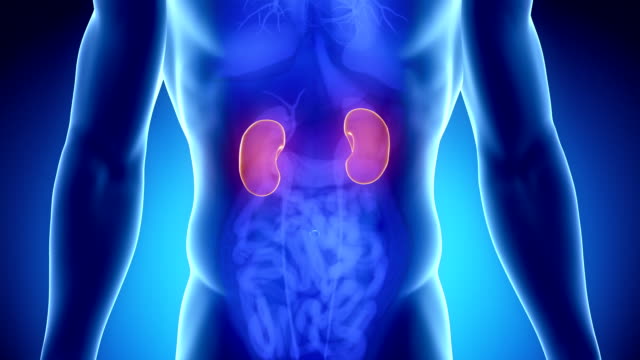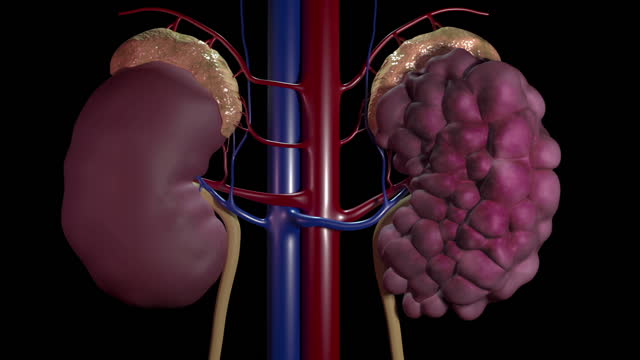The field of nephrology, a branch of internal medicine, plays a crucial role in the diagnosis and management of kidney diseases and conditions. Kidneys are vital organs that filter waste products from our blood, regulate blood pressure, and maintain a healthy balance of electrolytes in our bodies. However, kidney diseases, including chronic kidney disease (CKD), can silently progress over time, posing significant health risks. In this blog post, we’ll delve into the world of nephrology, kidney diseases, and the importance of recognizing kidney failure symptoms early to prevent or manage chronic kidney disease.
Understanding Nephrology and Kidney Conditions
Nephrology is the medical specialty dedicated to the study and treatment of kidney diseases and conditions. Kidneys are remarkable organs responsible for filtering blood, removing waste, and maintaining overall health. However, various factors such as diabetes, high blood pressure, genetic predisposition, and certain medications can contribute to kidney diseases.
Chronic Kidney Disease (CKD): A Silent Threat
Chronic kidney disease is a significant concern worldwide, affecting millions of people. Often referred to as a “silent killer,” CKD can progress without noticeable symptoms until it reaches an advanced stage. Regular check-ups with an internal medicine specialist or nephrologist are essential to detect CKD early and initiate necessary interventions.
 Recognizing Kidney Failure Symptoms
Recognizing Kidney Failure Symptoms
While CKD can remain asymptomatic in its early stages, there are signs to watch for as the disease progresses. These kidney failure symptoms may include:
- Fatigue
- Swelling in the legs, ankles, or feet
- Frequent urination, especially at night
- Blood in urine
- Difficulty concentrating
- High blood pressure
If you experience any of these symptoms, it’s crucial to consult with a healthcare professional promptly. Early detection and intervention can help slow the progression of CKD and manage kidney conditions effectively.
Preventing Chronic Kidney Disease
Preventing kidney disease is far more manageable than managing it once it has progressed. Some key steps to maintain kidney health and reduce the risk of CKD include:
- Managing underlying conditions like diabetes and hypertension.
- Adopting a healthy diet rich in fruits, vegetables, and whole grains while limiting salt and processed foods.
- Staying hydrated by drinking an adequate amount of water.
- Avoiding excessive use of over-the-counter pain medications.
- Regular exercise to maintain a healthy weight and improve overall health.
Conclusion
Nephrology is a crucial medical specialty that focuses on the health of our kidneys. Understanding kidney diseases, particularly chronic kidney disease (CKD), is vital for maintaining overall health. By recognizing kidney failure symptoms early and taking preventive measures, we can work towards healthier kidneys and a higher quality of life.
If you suspect any kidney-related issues or are at risk due to underlying conditions, consult with a nephrologist or internal medicine specialist for personalized guidance and care. Remember, taking proactive steps today can lead to healthier kidneys and a brighter future free from the burdens of chronic kidney disease.




